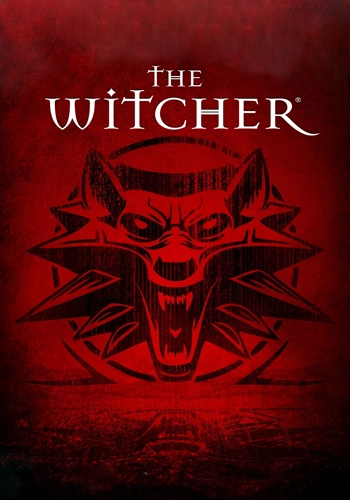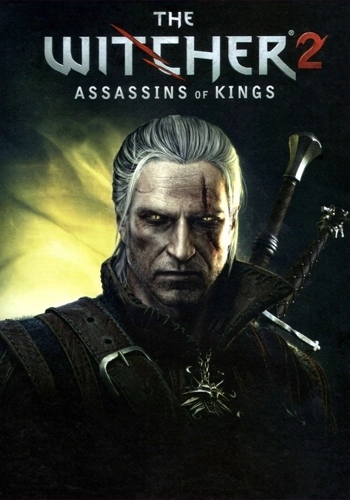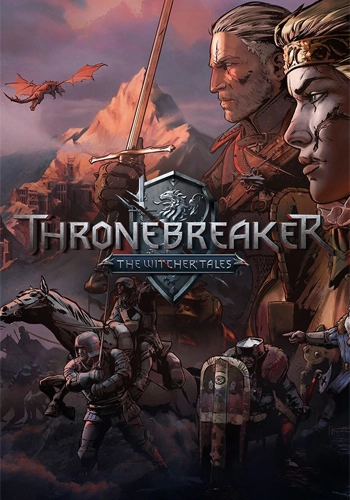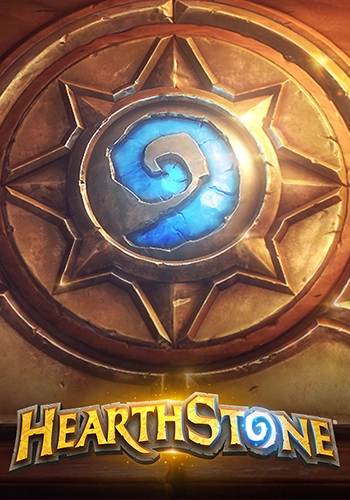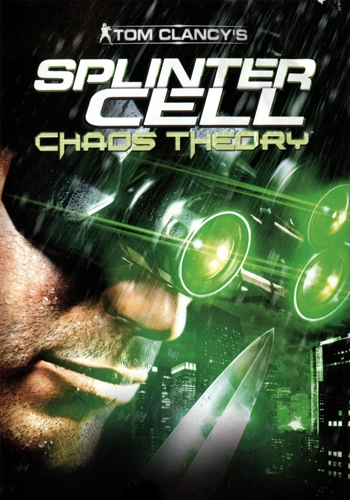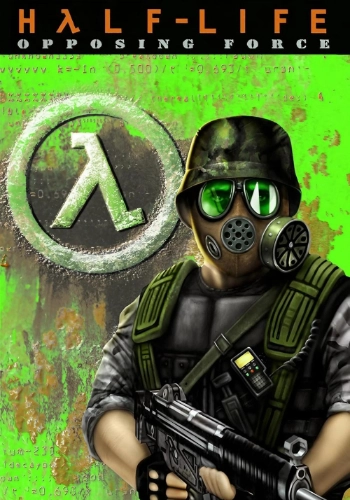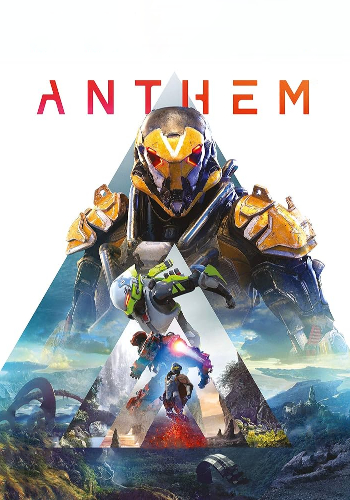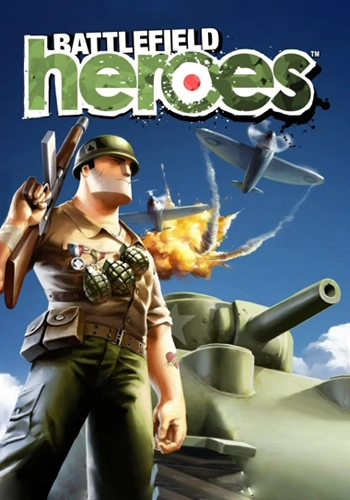The Witcher
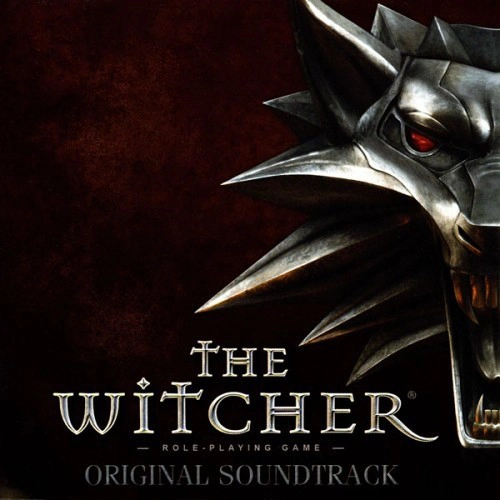
The harbinger
When The Witcher from Polish developer studio CD Projekt Red came onto the market in 2007, it could have been one of the many license knock-offs that were commonplace at the time. And to a certain extent it was: bulky, unconventional, not suitable for the mass market. At least that was my experience with the game. You can find out more in my game review . To spare you the embarrassment of reading it, I'll briefly outline its content.
Basically, I attest the game a very dense atmosphere and a successful adaptation of the original book, even though, to my shame, I haven't read it yet. The world of the Witcher is dark, brutal and far removed from the familiar fantasy clichés. Consequently, the game is also something different, has its own quirks and falls into this category of games that you have to learn to love. If you get into it, you get an interesting experience, exciting characters and a (at the time) unique fantasy world.
Back at the start, The Witcher was therefore an enthusiast's game that could have been lost in the crowd. How glad we can all be that this didn't happen should be obvious when we look at The Witcher 3 collection of award. After all, I'm not the only one who considers it one of the best games of all time. Once again, you can see what success stories can be written when developers and publishers believe in the quality of their product and its uniqueness. It almost brings tears to your eyes.
The score
But looking beyond the actual game, the success of the later installments was not necessarily guaranteed. The soundtrack by Adam Skorupa and Paweł Błaszczak wasn't anything worth mentioning for the most part either. In fact, I consider it to be mostly average, quite unlike those of the successors, which really range from great to magnificent. Have the two composers evolved significantly over the years or was it the lower budget that limited the music of the first album to mediocrity? I don't know.
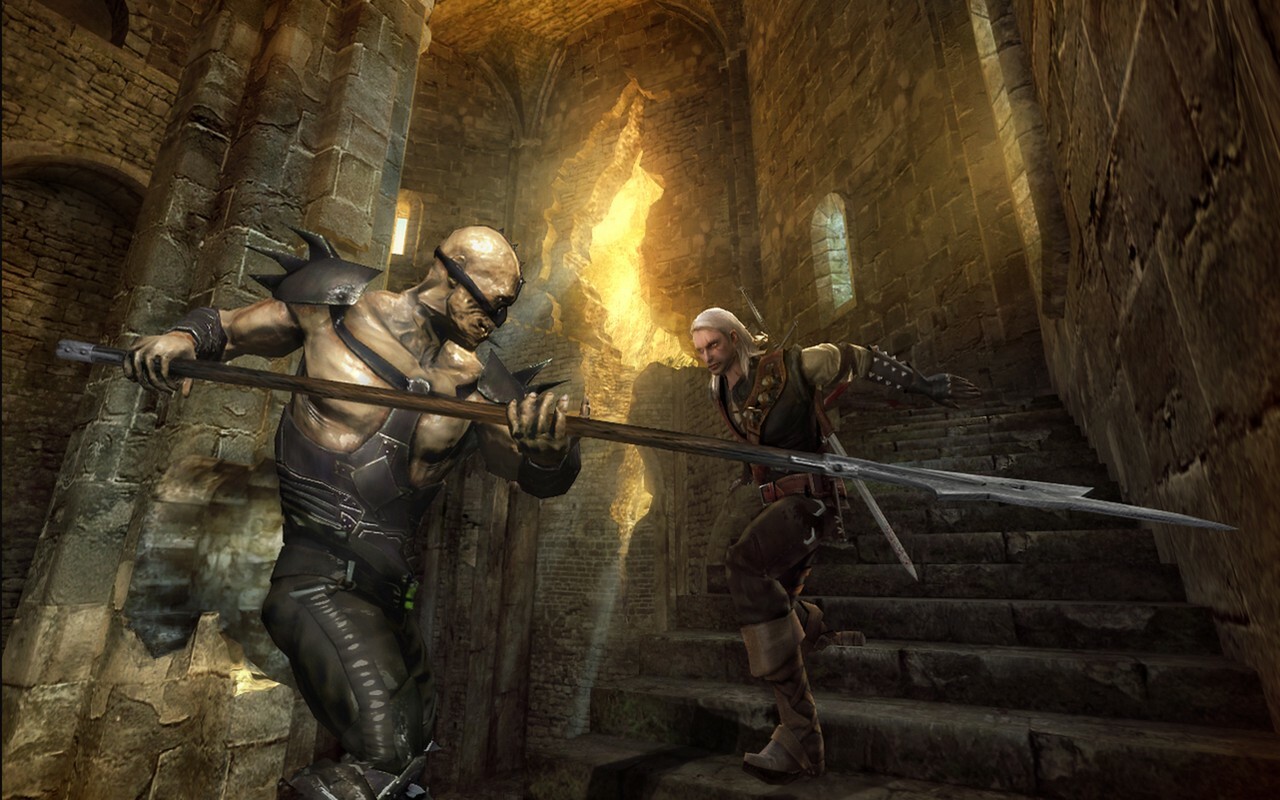
What is certain for me is that hardly anything stands out among the 29 tracks. The composition is restrained, which corresponds to the depressing and not very mood-lifting theme of the game - in this respect a very good accompaniment. Consequently, I can't criticize the tracks for being too low-key, as their Slavic/Irish folk approach creates a very unique flair that I personally don't like one hundred percent.
Maybe I'm more the type to indulge in Celtic cheerfulness with tracks like The Mountain Song from Heroes of Might and Magic IV . Or maybe I'm just too used to the quality of the sequels to be excited by tracks like A Wolf’s Demise or Mighty which with their low-budget attitude are more reminiscent of average games like Enclave, Risen or The Incredible Adventures of Van Helsing don't help either.
In my opinion, the OST simply shows that it belongs to a game from the mid-2000s and had to walk the fine line between edgy and catchy. The fact that the foundation for more would have been there is proven not only by the later compositions by the two artists already mentioned, but also by the basic understanding of the orchestration shown here: strings, brass and vocals harmonize very well, the whole thing seems consistent and there are no standouts.
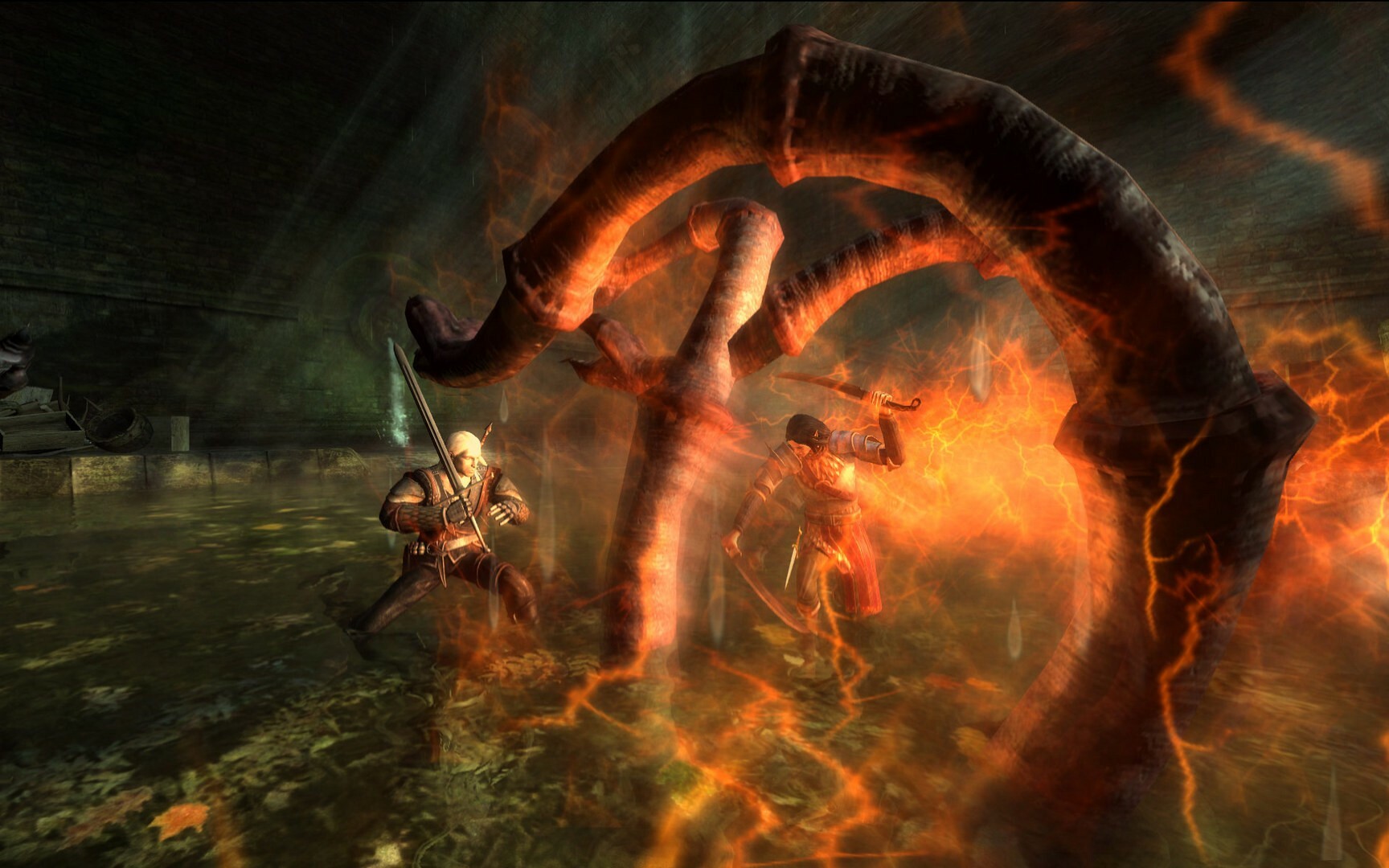
At the same time, Skorupa and Błaszczak introduce a main theme right at the start of the game, the melody of which can be found not only in the score but also throughout the entire Witcher-series. I have already noted several times how important this is not only for the creation of identity but also for the coherence of the actual OST, and I always like to criticize big brands when motifs and ideas are simply left out. For example, the theme appears at the beginning as a flute piece in Peaceful Moments to introduce a carefree feudal scene à la The Guild 2 . In contrast, Withered Roses ends with the theme after a regretful vocal and violin piece. And in Tavern at the End of World we get a tavern variation of the melody.
Beyond that, the score sometimes seems a little aimless, which corresponds to the narrative for Geralt as a roaming protagonist: action (Last Battle, Prepare for Battle!), drama (A Matter of Conscience, Kingdom and Betrayal), horror (Dead City, An Ominous Place, The Order) and melancholy (Dusk of a Northern Kingdom, Do You Remember?, The Dike) are all here without really enthralling the listener. But perhaps the game doesn't need a particularly good score, just the right one? In any case, I'm sure that CD Project Red found the right people back then in Skorupa and Błaszczak, even if you can't quite see it here yet.

